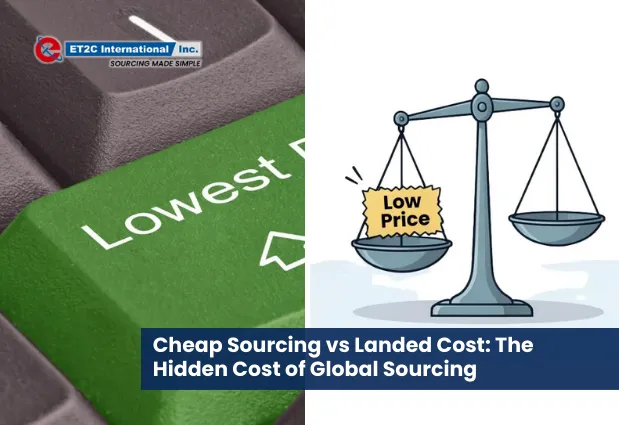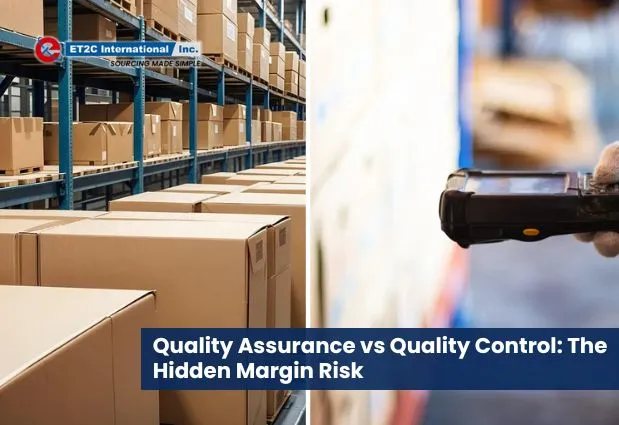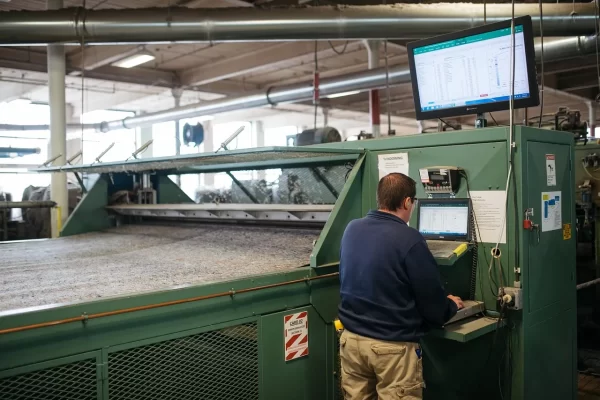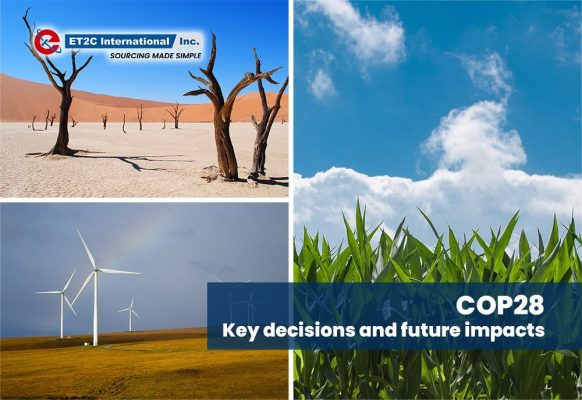
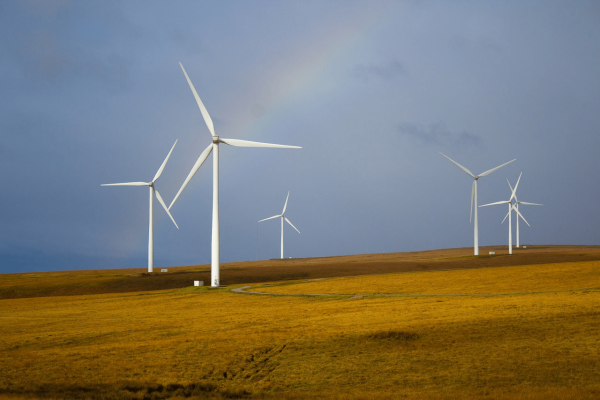
The 28th Conference of the Parties, COP28, held in Dubai from November 30 to December 13, marks another historic milestione in the global fight against the climate crisis. What positive decision were made and what outcomes can we expect to see realised from COP28.
COP28 Fossil Fuel Agreement:
One of the central discussions at COP28 revolved around the phasing out of fossil fuel use. Despite initial objections to the wording emphasizing the reduction rather than termination of fossil fuel use, the final resolution commits to an accelerated transition away from fossil fuels by 2050, aligning with scientific recommendations.
COP28 Loss and Damage Fund Operationalized:
The long-awaited Loss and Damage Fund, originally planned for COP27, became operational at COP28. The United Arab Emirates pledged a significant contribution of $100 million, joined by commitments from Germany, the United States, Japan, and others

COP28 Commitment Tripling Renewable Energy Capacity:
Leaders at COP28 reaffirmed their commitment to a 1.5-degree target, acknowledging the need for increased efforts to reduce emissions. The Accelerating Global Decarbonisation initiative, comprising 118 countries, pledged to triple renewable energy capacity by 2030 and enhance energy efficiency.
COP28 Climate Finance Commitments Increase:
The summit saw a promising surge in climate finance commitments. The UAE committed $30 billion to global climate-friendly projects, while international institutions like the World Bank and development banks in Latin America and Asia announced substantial contributions.
COP28 Net Zero Target with Nuclear Energy:
A significant development was the signing of the “Declaration on Tripling Nuclear Energy,” highlighting the role of nuclear energy in achieving net-zero emissions. Countries, including the UAE, the UK, Japan, and others, committed to tripling their nuclear energy capacity by 2050.
COP28 Joint Declaration on Climate, Nature, and People:
Participating countries signed a joint declaration addressing the growing impacts of climate change on biodiversity and human life. The declaration emphasizes collective action for climate, biodiversity, and land restoration, ensuring fair and equal utilization of climate financing.

COP28 Summaring progress:
Nearly 200 United Nations member states have agreed to move away from fossil fuels. This is the first time in the 28-year history of the COP Climate Summits that all fossil fuels have been discussed.
“For the first time in 30 years we may have reached the beginning of the end of fossil fuels,” EU Climate Chief Wopke Hoekstra said before the plenary session. Danish negotiator Dan Jorgensen described the agreement as “historic progress”.
But there are also critics of the text of the decision. No decision was made on calls for a “phase-out” of oil, gas and coal, which account for around three-quarters of the emissions that fuelled the climate crisis.
Jean Su of the Centre for Biological Diversity said that while progress had been made, there were still “big gaps” for fossil fuels. The agreement only addresses fossil use in energy, not fossil use in industrial areas such as plastics and fertiliser production.
While the text of the agreement does not use the term “phase-out” for fossil fuels, it supports efforts to phase out “unabated coal power”. This means that “coal with carbon capture technology”, which is considered unconvincing by many environmentalists, can continue to be used.
At the 2015 Paris summit, a warming limit of 1.5 degrees Celsius was agreed. This is a target that was repeated at COP28. But climate crisis experts say this is almost impossible without serious efforts to curb oil, gas and coal.
The largest COP meeting to date attracted more than 88,000 people, including a record number of lobbyists from the fossil fuel industry.
Overall, COP28 represents a significant step forward in the fight against climate change. While challenges remain, the conference delivered concrete outcomes on key issues and provided renewed momentum for global climate action.
COP28 represents a historic milestone as nearly 200 UN member states discuss moving away from fossil fuels for the first time in the summit’s 28-year history. While significant progress has been made, challenges remain, and critics point to gaps in addressing fossil fuel use in industrial areas. The conference, with its record attendance and lobbying efforts, signifies a crucial step forward in the global fight against climate change.
ET2C International is an Expert in Sourcing and Supply Chain
ET2C International has for over twenty years played a crucial role connecting global brands and companies with sourcing partners. Our expertise in global sourcing and supply chain can make sure you get all the benefits of sourcing from China and Asia without any of the risks.
Our 250 colleagues are based in offices in seven key Asian sourcing markets to make your global sourcing simpler. Where language, time zone or business communication practices can make things difficult, our team will be your bridge to your suppliers.
Our team of experts can help you navigate through these challenges. Giving you independent feet on the ground and confidence with fast responses, removing time zone and language challenges. If you would like to discuss how COP28 will impact your sourcing and procuremtn strategy drop us a line contact@et2cint.com

